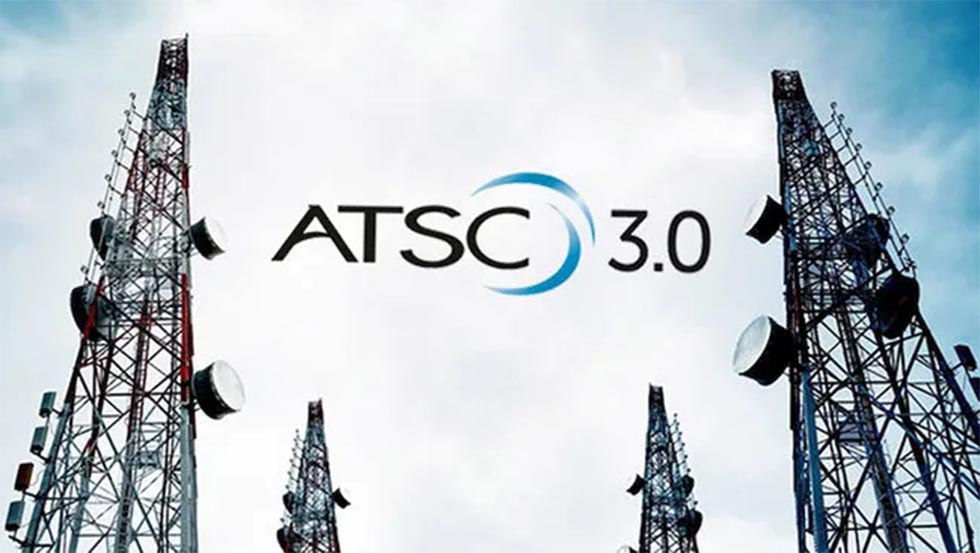Democrats Postpone Action on DTV Delay Bill
What a difference a day or two makes. On Monday, House Democrats were rarin’ to mark up a DTV delay bill the next day. On Wednesday, second thoughts crept in. Rep. Henry Waxman of California, the new chairman of the House Commerce Committee, scheduled a hearing for Wednesday on a bill to delay the DTV transition deadline to June 12. Waxman had the hammer down Monday, even though Republicans in the Senate already blocked a similar version of the bill introduced there by Sen. Jay Rockefeller (D-W.V.). The same procedural maneuver the Senate Republicans used to block the bill isn’t available in the House, so Waxman was ready to proceed. He changed his mind yesterday, saying the committee needed more time to “assess the implications of the Senate action.”
Republicans essentially structured the end-game of the DTV transition, having been in power for most of the last eight years. The original deadline was Dec. 31, 2006, but it was clear then that no one was ready. While a few lawmakers, notably Sen. John McCain (R-Ariz.) vocally blamed broadcasters, Congress had done absolutely nothing to let the public know what was planned. The FCC had no marching orders, and there was nothing in place with regard to how the nation’s nearly 1,700 TV stations were supposed to orchestrate a coordinated shift in format and frequencies.
Public preparation is once again the reason cited by Democrats to delay the deadline. At least 2.5 million people are waiting for their $40 government subsidy coupon to buy the converter boxes that will keep their TVs working. The program ran through its $1.34 billion allotment earlier this month and screeched to a halt. The federal agency managing the program is waiting for Congress to free up the $560 million now tied up in expired coupons. The coupons expire within 90 days of being issued according to federal law.
In addition to extending the deadline, Waxman’s proposed bill would also nullify the expiration dates on those active coupons already in the market, and replace the active ones.
The Obama Administration supports the delay, as do Verizon and AT&T. The telcos plunked down $16 billion for the spectrum broadcasters will abandon once the DTV transition is complete.
The professional video industry's #1 source for news, trends and product and tech information. Sign up below.
